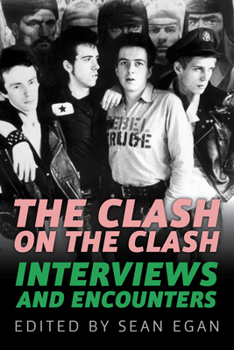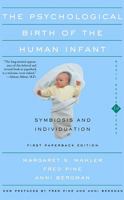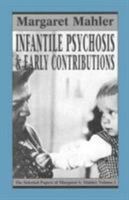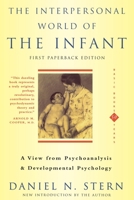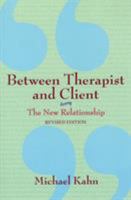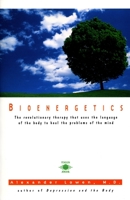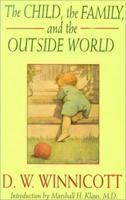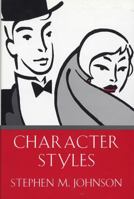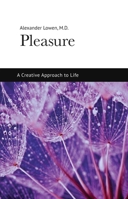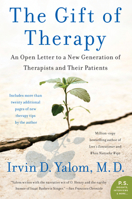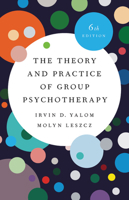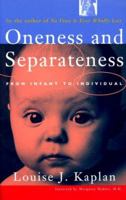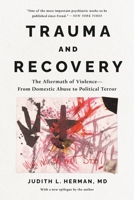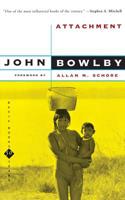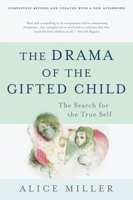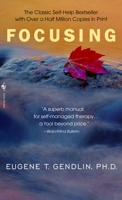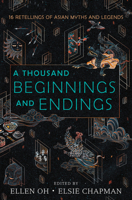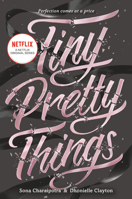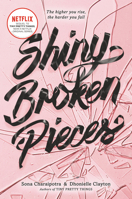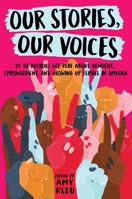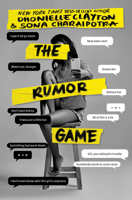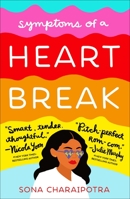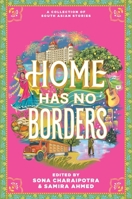The Clash on the Clash: Interviews and Encounters
Select Format
Select Condition 
You Might Also Enjoy
Book Overview
The Clash thought they could change the world. They never did, but they created some of the greatest rock music of all time in the attempt. Clash interviews were mesmerizing. Infused with the messianic spirit of punk, the Clash engaged with the press like no rock group before or since, treating interviews almost as addresses to the nation. Their pronouncements were welcomed but were hardly uncritically reported. The Clash's back pages are voluminous, crackle with controversy, and constitute a snapshot of a uniquely thoughtful and fractious period in modern history. Included in this compendium are the Clash's encounters with the most brilliant music writers of their time, including Lester Bangs, Nick Kent, Mikal Gilmore, Chris Salewicz, Charles Shaar Murray, Mick Farren, Kris Needs, and Lenny Kaye. Whether it be their audience with the (mainly) simpatico likes of punk fanzine Sniffin' Glue , their testy encounters with the correspondents of pious UK weeklies like New Musical Express , Melody Maker , and Sounds , or their friendlier but no less eyebrow-raising conversations with US periodicals like Creem and Rolling Stone , the Clash consistently created copy that lived up to their sobriquet "The Only Band That Matters." This description may be from another edition of this product.
Format:Hardcover
Language:English
ISBN:0691037248
ISBN13:9780691037240
Release Date:September 1994
Publisher:Princeton University Press
Length:408 Pages
Weight:1.77 lbs.
Dimensions:1.4" x 6.4" x 9.6"
More by Sona Charaipotra
Customer Reviews
5 customer ratings | 5 reviews
There are currently no reviews. Be the first to review this work.










